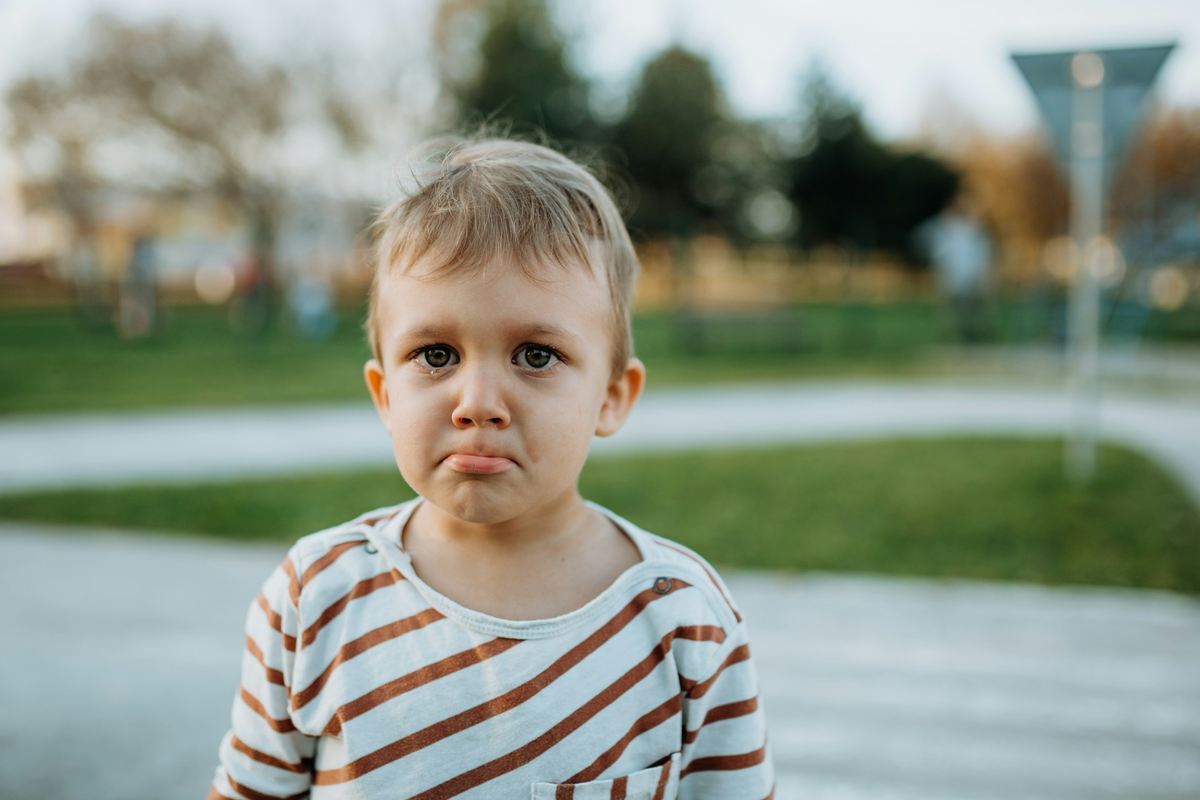Living with an 18-month-old is never boring. My son, Lucas, swings from one mood to another in less time than it took me to write the end of this sentence.
One moment, he's happy reading a book. The next, he stands and tries to reach for a toy his sister plays with, but he melts down because he can't get it.
The intensity and the pace of the scene reveal its obvious absurdity.
However, we often fail to recognize it when it happens to us adults with slightly different motives and circumstances.
Learning to deal with frustration is not part of the school curriculum. At least not enough.
That leaves us, parents, responsible for trying to teach our kids how to handle frustration. As is often the case with emotional subjects, it is an ongoing education that will take years.
The nature of the frustration and the tools to manage the youth's reaction to it evolve as they grow up.
From the age of two, what worked with my daughter was to set her aside. We would then kneel in front of her, look her in the eye, and breathe in an exaggerated manner until she began to mimic this breathing pattern and eventually calmed down.
Occasionally, we still use this simple, sensorial tool. But, we can now also reason with her, which allows for other, more intellectual tools.
It is possible to learn to handle frustration going through life. But that's learning it the hard way. It's painful. As parents, we can learn and teach them practical tools from a young age and make their future adult lives more manageable.

×
